As a board-certified, feline-exclusive veterinarian, I often encounter well-meaning cat owners who have been misled by myths and misconceptions about their cats. These myths, though common, can sometimes lead to unintended harm. Let’s separate fact from fiction and ensure our feline friends receive the best care possible.
Myth 1: Cats Always Land on Their Feet
While it’s true that cats have a remarkable righting reflex, this doesn’t mean they are invincible. Cats can and do sustain serious injuries from falls, especially from significant heights, a condition known as “high-rise syndrome.” Always ensure your windows and balconies are secure to prevent accidents.
That said, cats NEED vertical space! It’s one part of the environmental enrichment that we, as cat owners, are obligated to provide for them. This is why cats seek out areas such as that 1’ space above your kitchen cabinets!
However, we can provide them safe areas of vertical space through things like cat trees and wall shelves. Check out this post for some unique cat trees that I’ve come across.
In addition, take a look at the Ohio State Indoor Pet Initiative for more awesome resources on meeting the needs of indoor cats.
Myth 2: Cats Don’t Need Regular Vet Visits
Many believe cats are low-maintenance pets that only need to visit the vet when they’re visibly sick. However, cats are masters at hiding discomfort and illness. Regular check-ups are crucial for detecting underlying health issues such as dental disease, obesity, or chronic conditions like kidney disease before they become severe.
I routinely perform “wellness” bloodwork on senior cats and find treatable or manageable diseases that the owners were unaware of!
Myth 3: Cats Only Purr When They’re Happy
Purring is often associated with contentment, but cats also purr when they’re in pain, stressed, or seeking comfort. If your cat’s purring accompanies other signs of distress or illness, consult your veterinarian.
Also to note, if your cat’s purr changes, see your vet. It may be nothing, but it could be something serious like a problem with the larynx.
Myth 4: Indoor Cats Don’t Need Vaccines
Oooh, this is a big one! Even indoor cats are at risk of diseases like feline viral rhinotracheitis or calicivirus, which can spread through the air or via humans bringing in contaminants. Core vaccinations protect your cat against these and other serious illnesses.
What about Rabies in indoor cats? Yep, that’s a thing too! But don’t take my word for it (ok, actually yes, you should), let’s ask a cat? Listen to Elizabeth the cat explain how indoor cats cat be exposed to Rabies (a fatal disease, by the way).

Myth 5: Milk Is a Perfect Treat for Cats
Despite popular imagery, most cats are lactose intolerant. Drinking milk can lead to digestive upset, including diarrhea. Fresh water and veterinarian-approved treats are better options.
Check out this post for some great treat options for your cats!
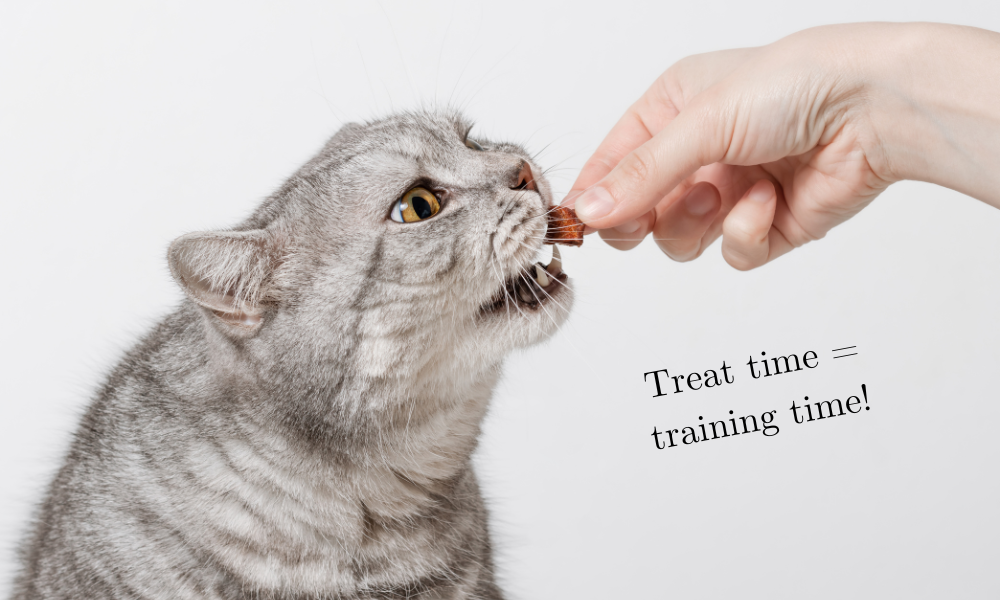
Myth 6: A Cat’s Nose Indicates Their Health
While a warm or dry nose might prompt concern, it’s not a reliable indicator of health. Focus instead on changes in behavior, appetite, litter box habits, or energy levels, which are more telling signs of your cat’s well-being.
Cats are masters at hiding their signs, so even small, subtle changes can be important!
Myth 7: Cats Can Be Left Alone for Days
Cats are independent creatures, but they still need daily care and attention. Fresh food, clean water, and a clean litter box are non-negotiable. Long periods of isolation can lead to stress, behavioral issues, or health problems. Did I mention environmental enrichment? SO IMPORTANT!
Myth 8: Cats Don’t Need Dental Care
Dental surgery is the #1 surgical procedure performed at my feline-exclusive hospital. Dental disease is one of the most common health issues in cats. Plaque and tartar buildup can lead to painful conditions like gingivitis and tooth resorption. Regular dental check-ups and care, including brushing or dental treats, are essential.
Think brushing is impossible? Check out this cool product called The Dental Wand that I found that allows your cat to cover their teeth in cat-friendly toothpaste by themselves!
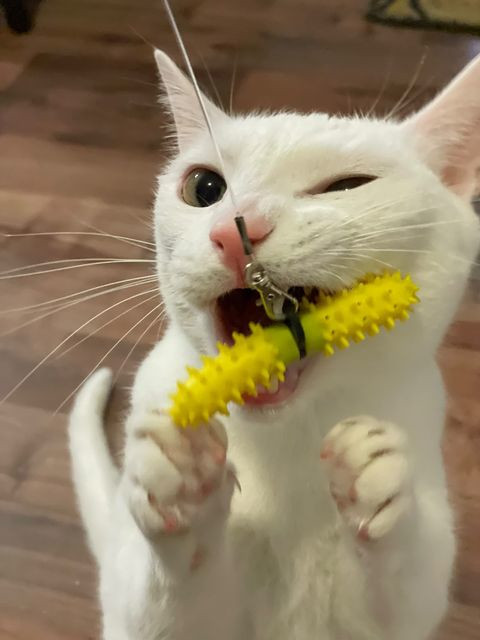
Myth 9: Spaying or Neutering Changes a Cat’s Personality
Altering your cat doesn’t change their fundamental personality. It can, however, reduce undesirable behaviors such as spraying or yowling and prevent health issues like uterine infections or testicular cancer.
What about weight gain? Spaying and neutering doesn’t make cats “fat.” It does, however, change their caloric requirements, therefore it’s up to us to make the associated dietary changes. They can’t eat like kittens anymore and they ain’t feeding themselves! Am I right?

Myth 10: Cats Are Just Small Dogs
Cats have unique physiological and behavioral needs that differ significantly from dogs. Medications, diets, and training methods that work for dogs can be harmful to cats. Always consult a vet experienced with feline care.
There you have it. Ten myths that, as veterinarians, we are constantly trying to overcome with our wonderful clients.
By debunking these myths, we can provide our cats with the informed and attentive care they deserve. Remember, your veterinarian is your best resource for accurate information and advice tailored to your cat’s specific needs. Together, let’s ensure our feline friends live long, healthy, and happy lives!
Meow y’all!
*FTC Disclosure: This post contains affiliate links. If you make a purchase after clicking on the links, I will get a small commission at NO additional cost to you. I only recommend products that I believe in! I am an affiliate for both Amazon and other online retailers. As an Amazon Associate I earn from qualifying purchases

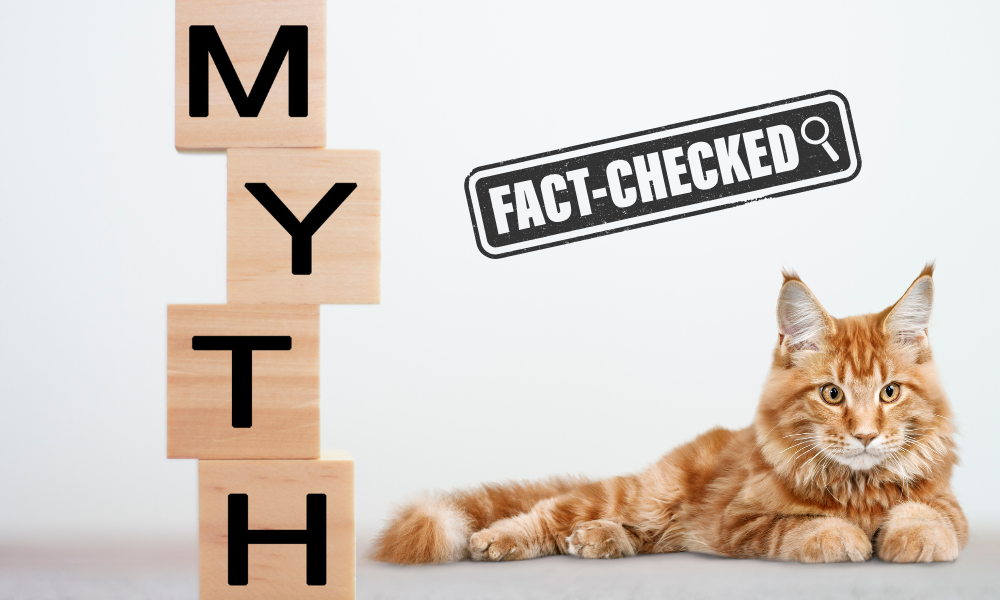
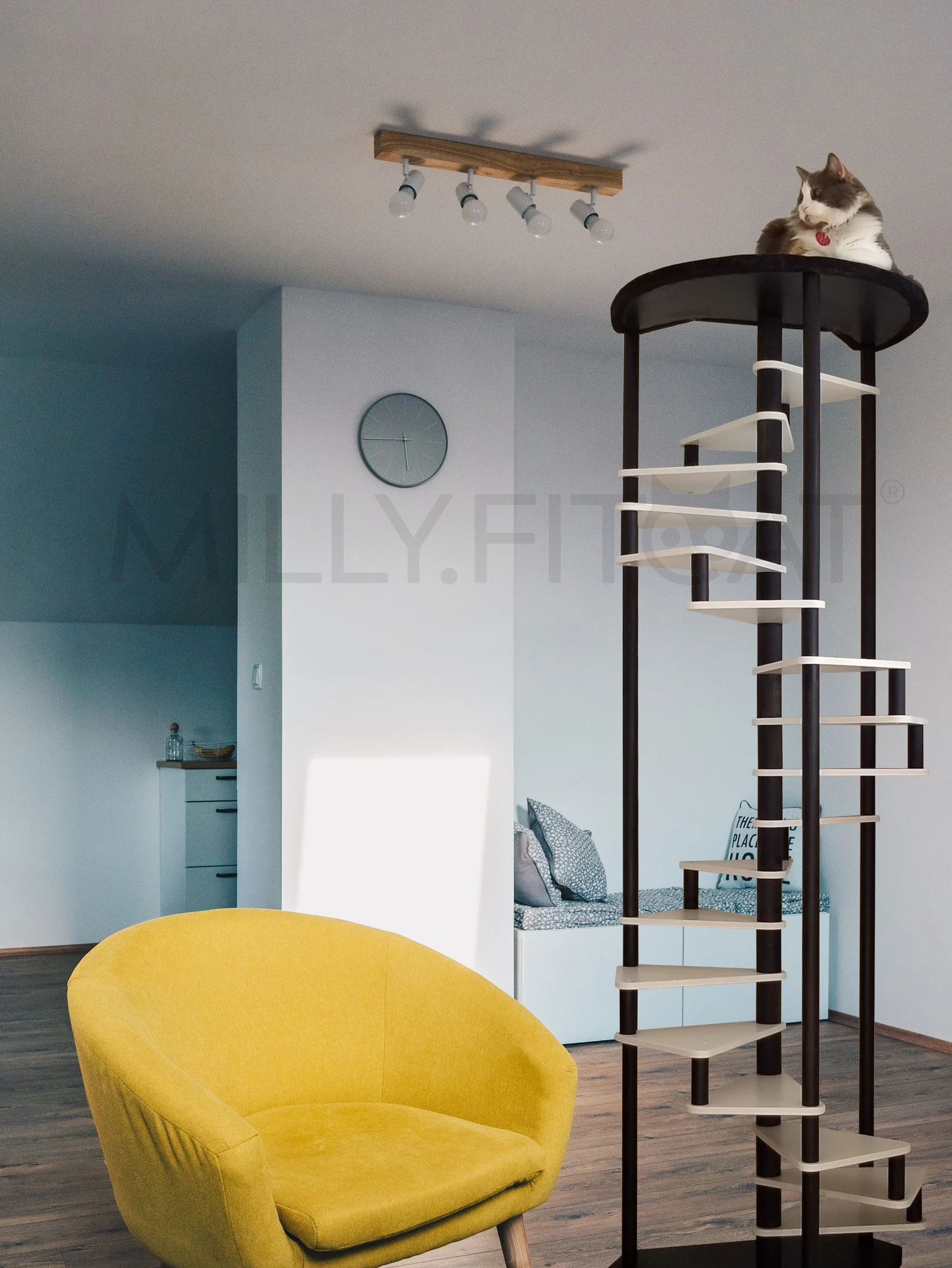
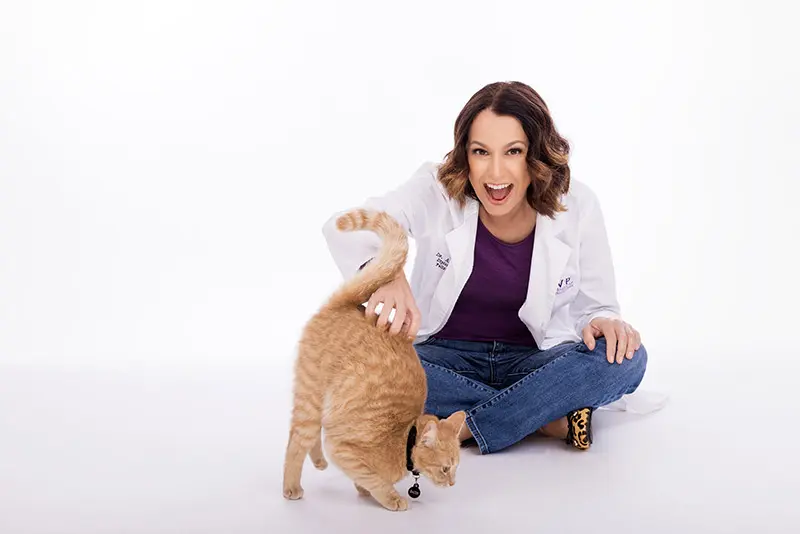










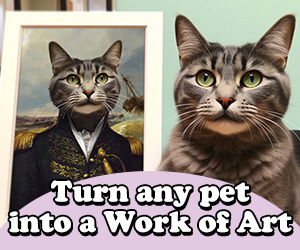
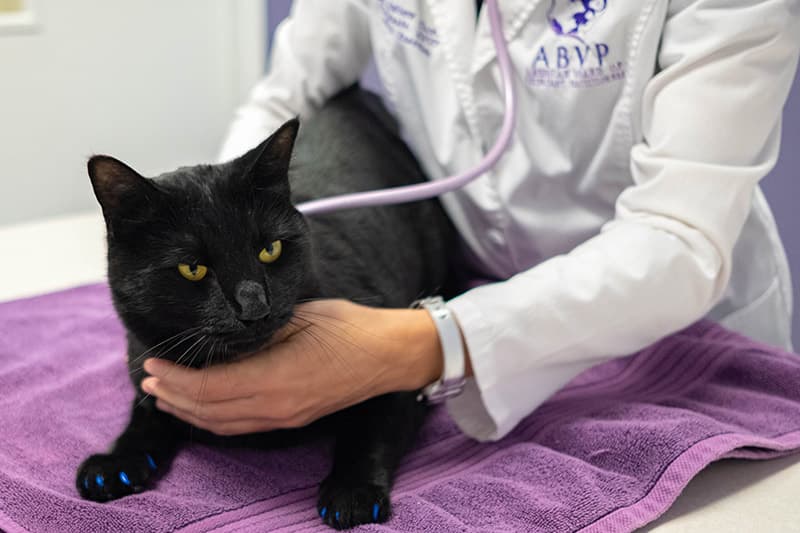
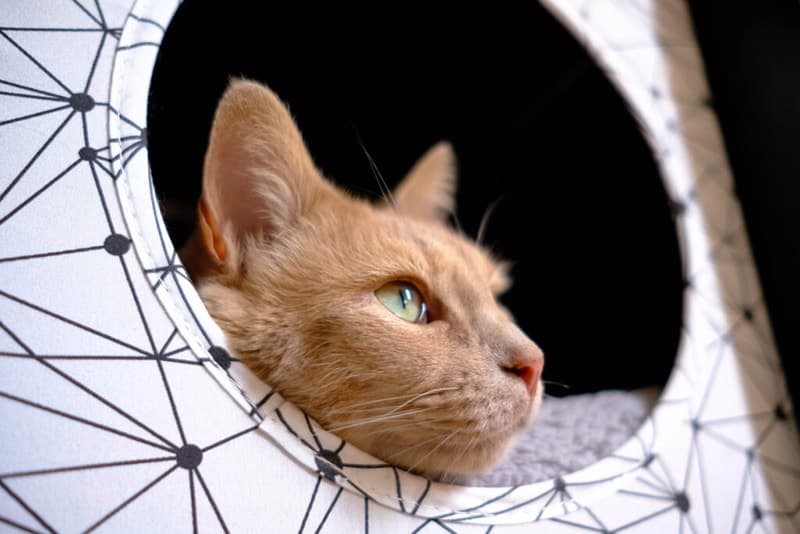

2 Responses
I always need a refresher.
You’re a professional!